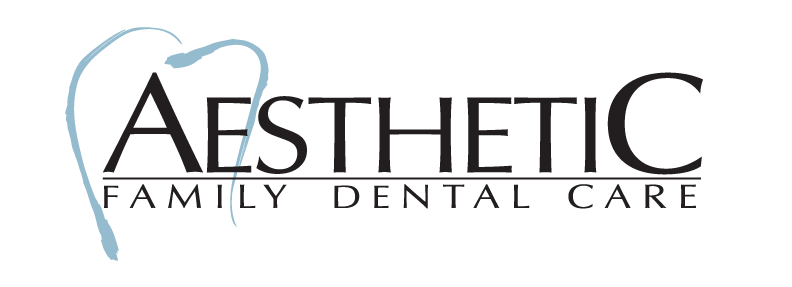Post-Op Care Instructions - Extractions
Extractions
Some bleeding should be expected following the removal of teeth. Sleep in a semi-reclined position, and avoid physical activity for the first 72 hours. Remember, if bleeding starts, bite down on the gauze for 30-minute intervals to stop bleeding. If bleeding will not stop, call our office.
If there is still slight bleeding at bedtime, it is a good idea to place a towel over your pillow to avoid blood stains on your bedding.
Swelling is normal and is the body’s way of healing itself. Most swelling occurs 24 to 48 hours after surgery. Ice packs should be placed on the outside of the face in the areas of surgery. Use the ice packs for 20 minutes per hour as needed. Ice packs are recommended for up to the first 36 hours, after which moist heat will aid in healing. If swelling or fever persists, call our office.
Pain should be controlled with prescription medication or over-the-counter medications. Avoid driving, alcohol, or working with machinery when on prescription narcotic pain medications. If the pain does not subside in a few days, call our office.
After surgery, liquids should be taken at first. No straws! Drink from a cup to avoid dislodging any clots. Eating will become easier as healing time increases.
Keep your mouth clean. Brush gently around the teeth near the surgery, and rinse softly as not to dislodge any clots. Vigorous mouth rinsing or touching the surgical sites should be avoided.
If antibiotics are prescribed, they should be taken as directed to prevent infection. If a rash or any other allergic reaction occurs, discontinue use and call our office or go to the nearest 24-hour medical facility.
If nausea or vomiting occurs, do not eat. Treat nausea with traditional over-the-counter remedies. If these conditions continue, call our office.
Numbness of the lip, tongue, or anywhere on the face is usually temporary in nature. Be careful not to bite your lip, tongue, or cheek. Call our office if the numbness persists.
Corners of the mouth can sometimes crack requiring ointment. Sore throats and pain to swallowing are not uncommon and dissipate with time. Jaw soreness is also common and will usually go away with time. The facial discoloration is normal and will return to normal with the use of moist heat.
Our practice uses non-dissolving sutures. Therefore, if sutures were placed, you will need to return to have them removed approximately one week from placement.
If a blood clot is lost, a dry socket will usually develop 2-3 days following surgery and will become uncomfortable. Call our office if pain occurs. The most common cause of dry sockets is smoking. Avoid smoking for 48 hours minimum to reduce the likelihood of this condition. If you bruise easily, your chances for dry socket are increased.
Occasionally bumps may occur near the extraction sites. Usually, these are root fragments or bony fragments which are easily removed.
Most cases heal without incident. However, every surgery is different, so if something doesn’t feel right, just call.
